Dorking, South Street 1906
Photo ref:
54661


More about this scene
n Victorian times Dorking was still a very rural town with a wide market place in the centre. The shops displayed their wares to the elements. The traffic was slower, but the pace was more fervent. The encouragement to buy was the most important thing of the day. At this time Dorking became a substantial trading town. There were the lime works, four working corn mills, the breweries, the cattle trade, a brick- works, and an iron foundry; Dorking also had its own water pumping station and gas and light works. The train, the motorcar and the bicycle brought changes to Britain's way of life, and they brought many townspeople out to Dorking's countryside. There were several bicycle repair shops in the town. Mr Oliver West maintained and repaired bicycles in Dene Street (originally called Ram Alley), and C S Fuller had his business in South Street. Mr Fuller was also the first resident of Dorking to own a motorcar. Fuller's are still trading in bicycle repairs and sales, and they also trade in baby-wear, sports and fishing equipment — fishing licences can be purchased at Fuller's. The Victorians brought enormous change to rural life and rural ways, but they also brought continuity as well. The role of the aristocracy and landed gentry remained crucial in rural affairs during the Victorian age. The British aristocracy was still predominantly country-based, and it was in their large country houses where they felt at home, and where most of their wealth and power was felt. There were many mansions in the Dorking area, but many are now lost, either through progress or just through the need for change. Tea-rooms were plentiful. Loyns tea-rooms on Pump Corner was established in 1749 (right of 55697 on pages 68-69 - trading as T G Rix) and survived for about two hundred and twenty years. There was also the Stone Roof Café (on the left-hand side of the road just before it bends, 54661, on previous page). Another tea-room in South Street was French's Tea Gardens, which adjoined the Stone Roof Café. The buildings have changed little over the last century. French's could accommodate quite a large number of clients; it catered especially for the cycling and touring clubs, and there were tables and seats in the garden at the back of the building.
Add to Album
You must be signed in to save to an album
Sign inShare This Photo
Buy a Print
Unframed, Mounted, Framed and Canvas prints in a range of sizes and styles.
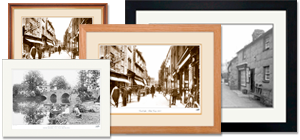
View Sizes & Prices
A Selection of Memories from Dorking
For many years now, we've been inviting visitors to our website to add their own memories to share their experiences of life as it was, prompted by the photographs in our archive. Here are some from Dorking
Sparked a Memory for you?
If this has sparked a memory, why not share it here?



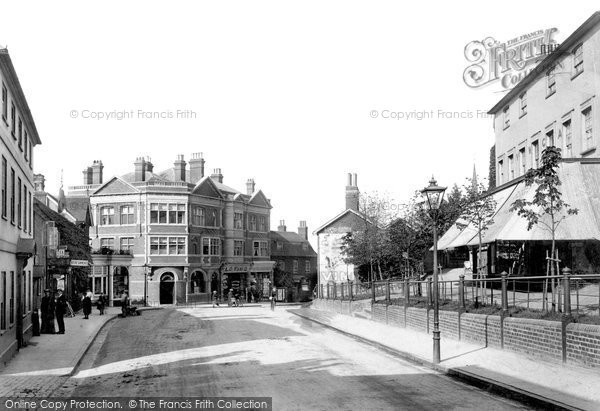
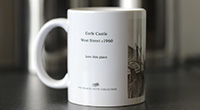
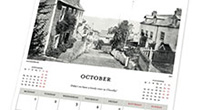
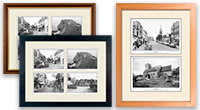
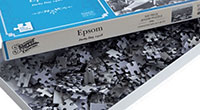
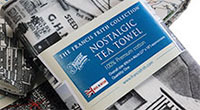
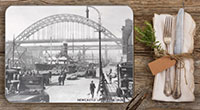
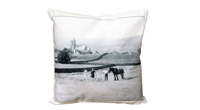
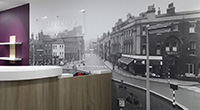
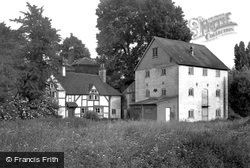
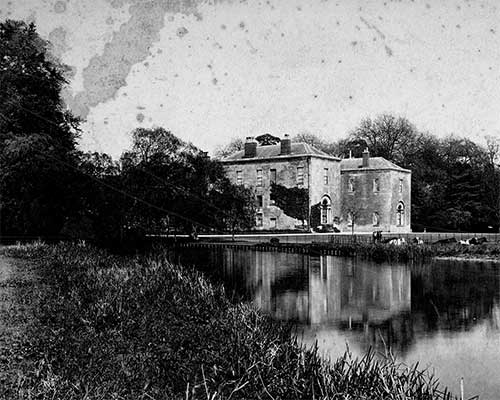 Before
Before
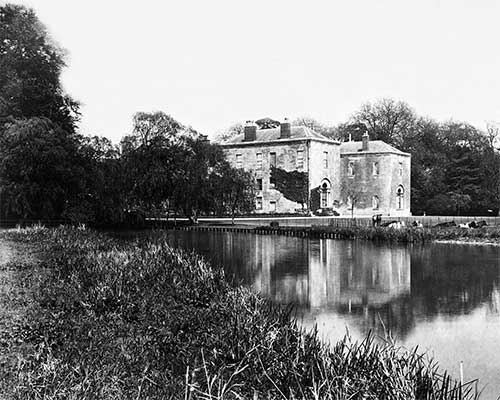 After
After